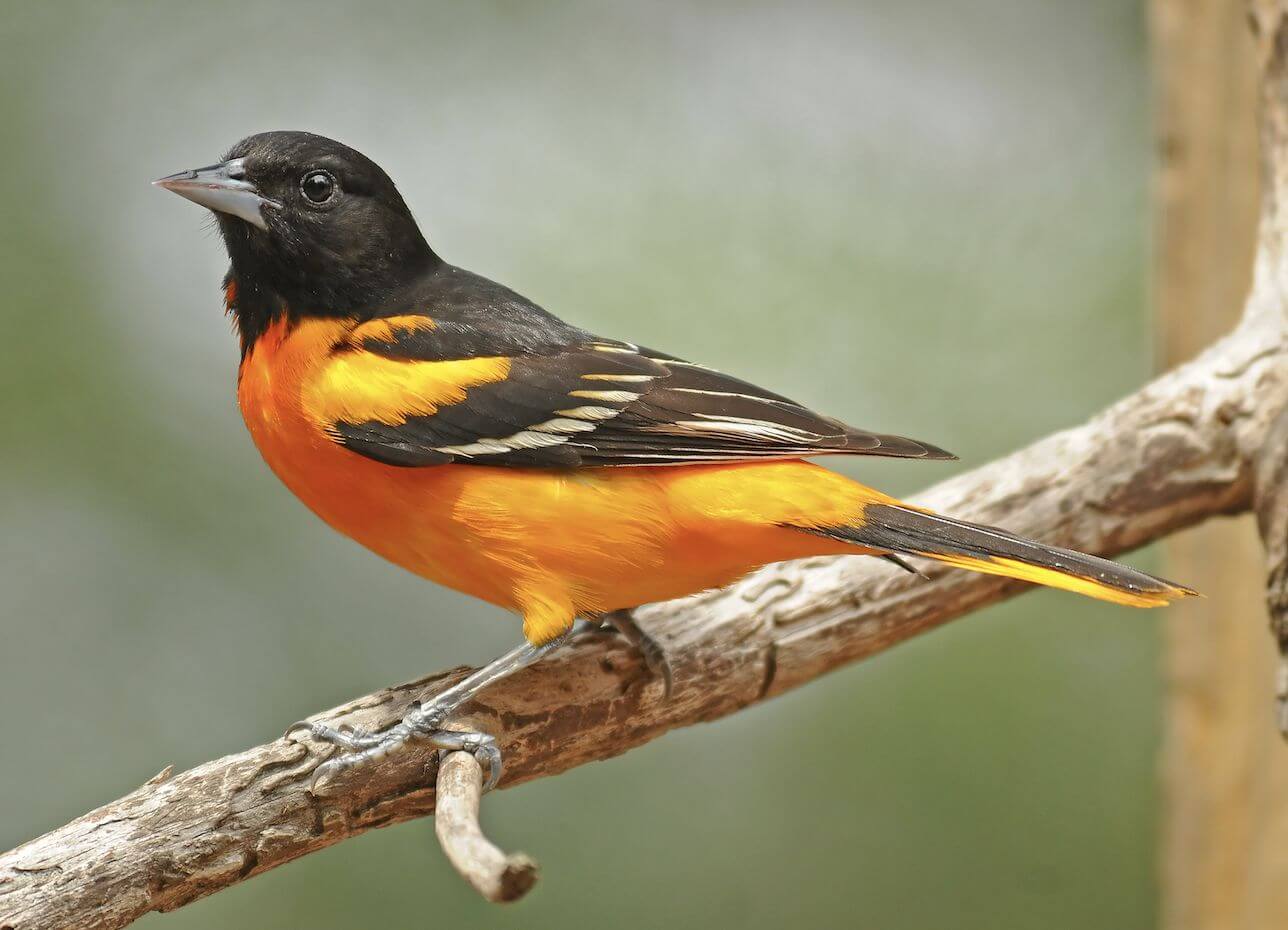How Citizen Scientists are Revolutionizing Avian Research
Bird watching, a timeless hobby enjoyed by nature enthusiasts around the world, has taken on a new dimension thanks to the rise of citizen science.
In recent years, an increasing number of bird watchers have become active participants in scientific research, contributing valuable data that aid in conservation efforts and provide insights into avian behavior. You don't need to be a specialist or have specific tools to make exceptional contributions to our understanding of the natural world.
Contributing data through online platforms is a great way to help researchers understand and preserve bird populations. eBird, a widely used online database managed by the Cornell Lab of Ornithology and the National Audubon Society, allows bird watchers to log observations and create a vast repository of information that scientists can utilize to track bird populations, migration patterns, and the impact of environmental changes. eBird has revolutionized data collection by enabling scientists to access real-time data from all corners of the globe.

By sharing sightings and contributing to collaborative projects, enthusiasts can make a tangible difference in our understanding of avian ecology. Researchers studying the impact of climate change on bird populations, for instance, rely on bird watchers to provide critical observations over extended periods. By comparing this data with historical records, scientists can identify shifts in migration patterns, changes in breeding seasons, and alterations in the geographical distribution of species.
Citizen science initiatives have also helped researchers shed light on lesser-known species. Ornithologists often lack the resources and manpower to gather extensive data on every bird species. Here, bird watchers play a vital role by documenting rare or elusive birds, contributing to the understanding of bird behavior, habitat preferences, and conservation needs.
Bird watching has transformed from a hobby into a powerful tool for scientific research through citizen science initiatives. Bird watchers, armed with binoculars and a passion for nature, are actively contributing to the understanding of avian behavior, distribution, and conservation by sharing sightings and participating in projects such as eBird. To make extraordinary contributions to the understanding of bird populations and the continuity of the environment that we share with them, you don't need to have a Ph.D.—just an inquisitive mind and a love for birds.
Check out this article by the New York Times for more information and visit Create a Sanctuary for Birds to find out how to turn your outdoor space into an oasis for birds.
